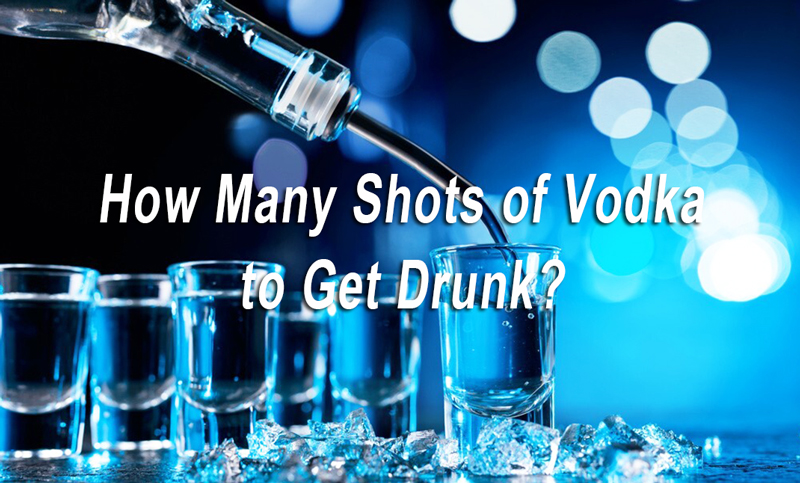Grabbing a drink after work or enjoying a night out with friends often involves alcohol consumption. While social drinking can be a way to relax and unwind, it’s essential to understand the effects of alcohol on your body. One of the common questions that arise is “How many shots does it take to get drunk?” The answer, however, is not as straightforward as one might think.
Image: arwynefah.blogspot.com
Getting drunk is a relative term that varies depending on several factors, including body weight, gender, metabolism, and alcohol tolerance. The amount of alcohol consumed and the rate at which it is consumed also play a significant role. To provide a more comprehensive understanding, let’s explore these factors in greater detail.
Factors Influencing Alcohol Absorption
Body Weight and Gender
Body weight and gender significantly influence alcohol absorption. Heavier individuals have a larger volume of blood to distribute alcohol, resulting in a lower blood alcohol concentration (BAC) for the same amount of alcohol consumed compared to lighter individuals. Similarly, women generally have a lower body water content than men, leading to a higher BAC for the same alcohol intake.
Metabolism
Alcohol is metabolized primarily by the liver. The rate at which your liver breaks down alcohol affects how quickly it enters your bloodstream and how long it stays there. Individuals with a faster metabolism process alcohol more efficiently, resulting in a lower BAC compared to those with a slower metabolism.

Image: thebottledprices.com
Alcohol Tolerance
Regular alcohol consumption can lead to the development of alcohol tolerance, which is the body’s ability to handle larger amounts of alcohol without showing significant signs of impairment. This tolerance is built up over time as the body adapts to the presence of alcohol. Individuals with a higher alcohol tolerance may require more drinks to reach the same level of intoxication as those with a lower tolerance.
Understanding BAC Levels
BAC, or blood alcohol concentration, measures the amount of alcohol in your blood. It is expressed as a percentage and typically ranges from 0.00% (no alcohol in the blood) to 0.40% (extremely intoxicated). Legal limits for driving under the influence (DUI) vary from state to state but typically fall between 0.08% and 0.10% BAC.
Calculating Shots to Intoxication
Calculating the number of shots it takes to get drunk is not an exact science due to the factors mentioned above. However, a rough estimate can be made using the following formula:
(# of shots) = (target BAC – current BAC) / (0.02 x body weight in pounds)
Note: This formula assumes a standard drink, which contains approximately 0.6 ounces of pure alcohol. The target BAC should be adjusted based on your desired level of intoxication and any potential consequences, such as driving.
General FAQ on Alcohol Consumption and Intoxication
Below are answers to some frequently asked questions about alcohol consumption and its effects:
Q: How long does it take to get sober?
A: The body typically metabolizes alcohol at a rate of 0.015 BAC per hour. Estimating the time to sober up involves dividing the current BAC by 0.015.
Q: How many shots equal a standard drink?
A: One standard drink is equivalent to approximately 1.5 ounces of 80-proof spirits, 5 ounces of wine, or 12 ounces of beer.
Q: What are the dangers of binge drinking?
A: Binge drinking is consuming large amounts of alcohol in a short period. This can lead to alcohol poisoning, which can be fatal.
How Many Shots Does It Take To Get Drunk
Conclusion
Knowing how many shots it takes to get drunk is not as simple as it may seem. Various factors influence how alcohol affects the body, and it’s crucial to understand these variables to avoid overconsumption. Drinking responsibly means enjoying alcohol in moderation, being aware of your limits, and prioritizing your health and safety.
If you find yourself asking, “Am I interested in this topic?” then you may want to consider learning more about responsible alcohol consumption. Knowledge empowers you to make informed choices, have a healthy relationship with alcohol, and fully enjoy social gatherings without compromising your well-being.